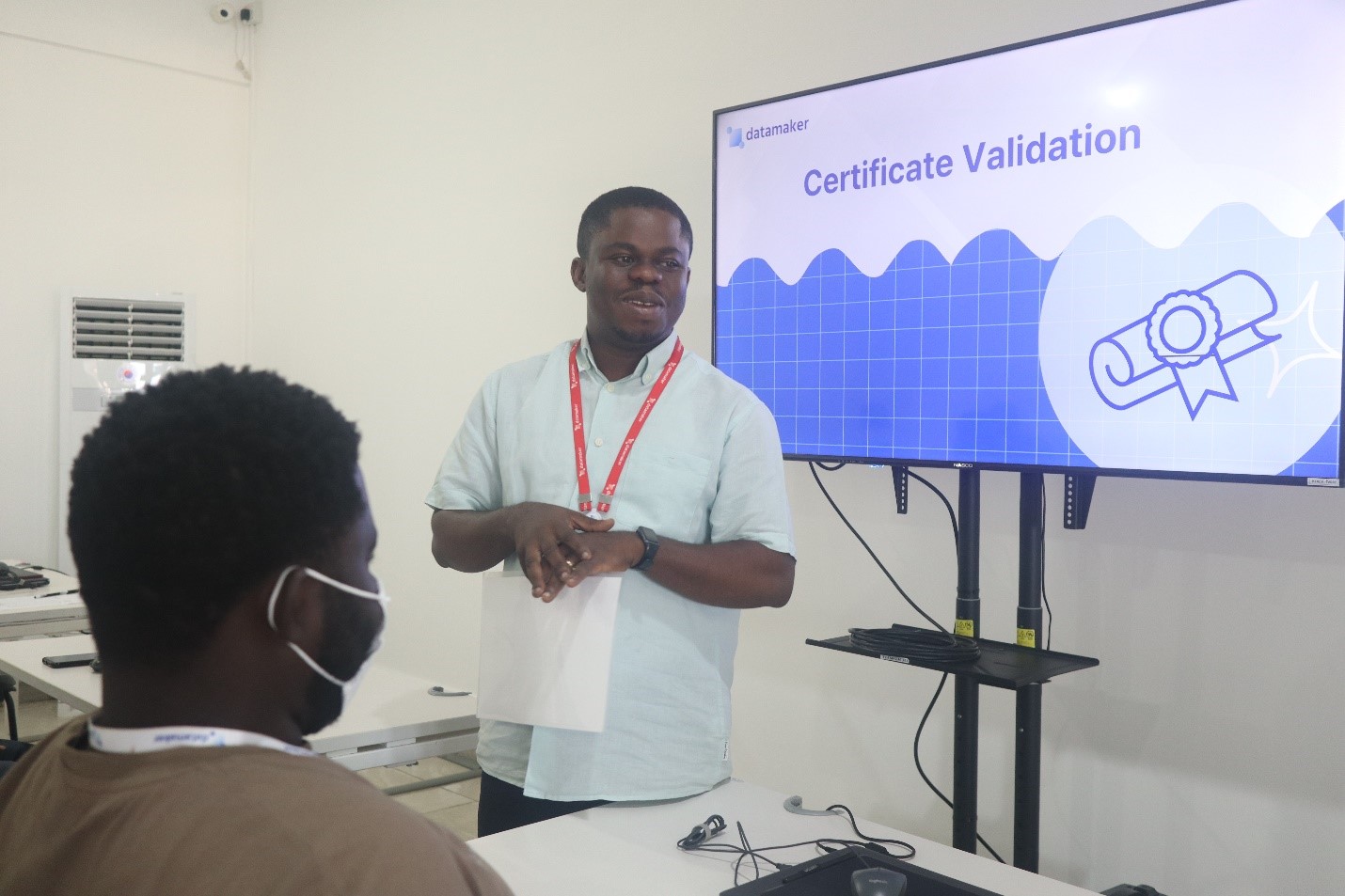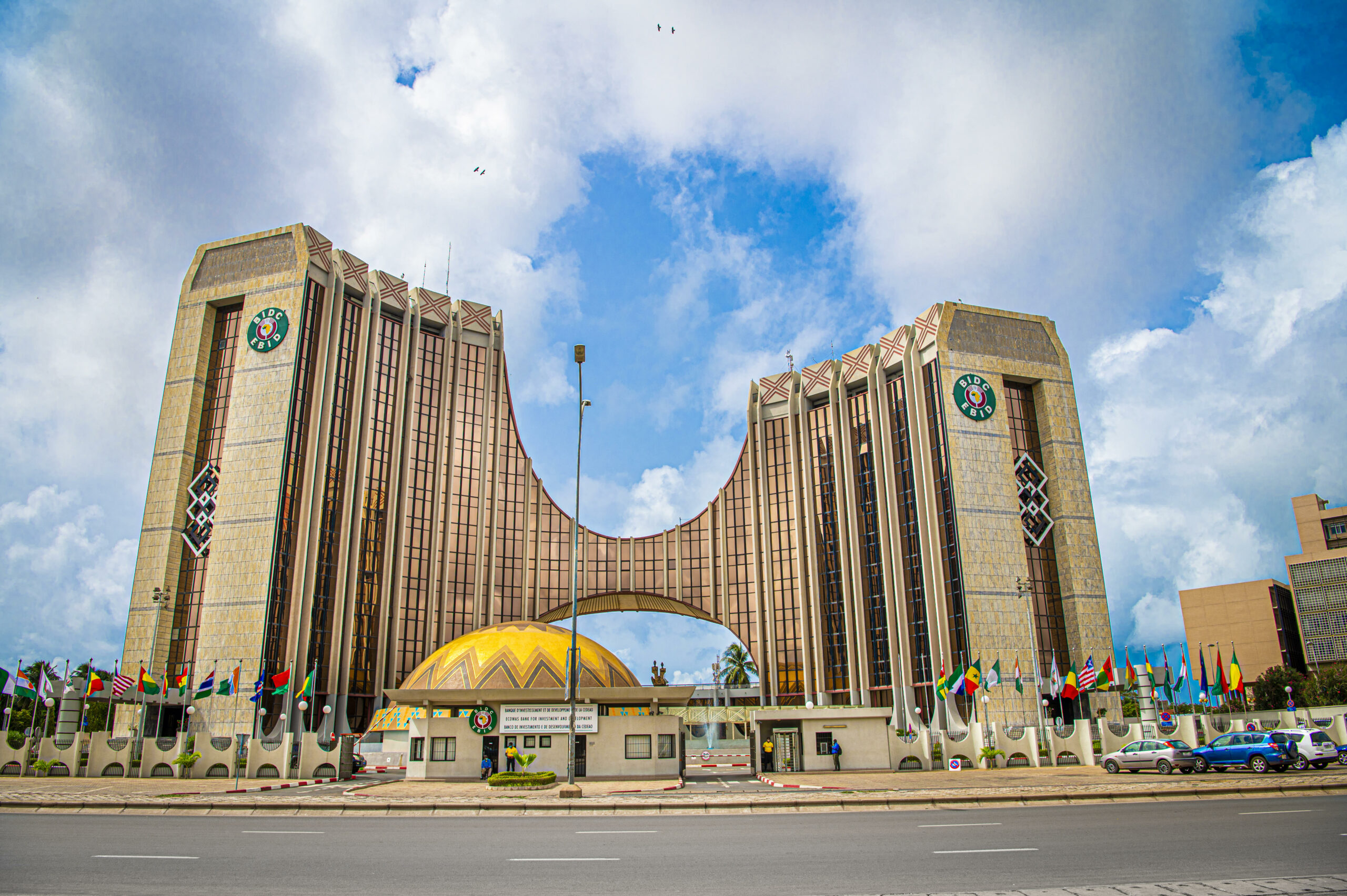
By Emmanuel Makafui GBEVE
In an era where Artificial Intelligence (AI) is transforming industries at an unprecedented pace, AIDEC Digital, is spearheading a movement to prepare businesses and individuals for the impending fourth and fifth industrial revolutions.
At a recent presentation I delivered at TICON Africa 2024 in Mombasa, Kenya, I underscored the critical importance of cultivating an AI Mindset—a forward-thinking approach that embraces technological disruption and fosters continuous learning.
TICON Africa is an annual gathering of the ICT professionals and industry leaders across Africa. This year’s conference organizes in Mombasa, Kenya is the second edition after the inaugural one held in Entebbe, Uganda in September 2023.
This year’s conference focuses on advancing digital infrastructure, harnessing AI, and addressing critical issues like cybersecurity and Women in ICT, this conference is shaping the future of technology on the continent
Embracing the future: the AI mindset
In my presentation, I emphasized that the AI mindset involves more than just understanding algorithms or technical tools. It represents a proactive and adaptive approach to leveraging AI technologies that are reshaping the world around us. According to the African Development Bank,
AI could add a staggering US$1.2 trillion to Africa’s GDP by 2030, marking AI as one of the most transformative forces in the continent’s future. In my presentation, I explored the core elements of the fourth and fifth industrial revolutions, focusing on how AI, automation, and digitalization are leading to increased productivity, new business models, and even the displacement of traditional jobs.
AI’s disruptive force in key sectors
One of the most striking aspects of the talk was the analysis of AI’s role in disrupting key sectors such as healthcare and supply chain management. In healthcare, AI-powered diagnostics are revolutionizing patient care.
Technologies like Google’s DeepMind can detect over 50 types of eye diseases from medical scans, drastically improving early diagnosis and treatment. Similarly, AI in supply chain management is optimizing logistics and inventory, enabling companies to save millions in costs while enhancing efficiency.
I explained that these disruptions are not just improvements to existing systems—they are fundamental shifts that will redefine how industries operate. For instance, in supply chains, AI is helping companies predict demand, adjust inventory levels in real-time, and streamline delivery routes.
Insights from key visuals in the presentation
One of the defining images of the presentation was a stunning aerial view of a container port that symbolized the global impact of AI in logistics and supply chains. This image conveyed the scale at which AI is optimizing complex systems, making it possible to handle immense logistical challenges with precision and efficiency.
The image highlights how AI is becoming indispensable in managing global trade, reducing bottlenecks, and cutting operational costs by automating decisions previously reliant on human judgment.
Another striking visual from the presentation featured robots assisting in healthcare, an evocative symbol of AI’s expanding role in medical diagnostics. This image encapsulates the profound shift in healthcare delivery, where AI is moving from a supporting role to being at the center of patient care innovation, enabling more personalized treatment options and better patient outcomes.
The fifth industrial revolution: human-centric AI
Looking beyond the Fourth Industrial Revolution, I introduced the concept of the Fifth Industrial Revolution, a human-centric approach where AI works collaboratively with humans, enhancing creativity and decision-making.
He highlighted the need for customization in products and services, where AI will tailor experiences to meet individual preferences. Technologies such as augmented reality (AR) and virtual reality (VR) are already making waves in sectors like education, entertainment, and training.
AI adoption in Africa
A key takeaway from the presentation was the African Union’s Continental Artificial Intelligence Strategy, which aims to harness AI to achieve developmental goals across sectors such as education, healthcare, and agriculture.
I stressed that Africa’s AI readiness is pivotal, as the continent seeks to leverage AI to tackle local challenges while creating new opportunities for growth and innovation. With the number of AI startups in Africa growing by over 70percent since 2019, the continent is positioning itself as a leader in AI-driven development.
Call to action: embrace AI today
I concluded with a powerful call to action, urging businesses and individuals to adopt the AI mindset now, rather than waiting for market disruptions to force change. He outlined a clear roadmap for success: adopt a proactive disruption mindset, design for future success through simulations, and implement AI early, learning and adapting on the go.
For AIDEC Digital, this presentation serves as more than just a glimpse into the future—it’s a roadmap to lead organizations into the new era of AI. By preparing for the Fourth and Fifth Industrial Revolutions, AIDEC Digital and its leadership are setting a precedent for embracing the disruptive potential of AI while ensuring sustainable growth for businesses across the continent.
AIDEC Digital
AIDEC Digital, under the leadership of the Executive Chairman, Sir Ambrose Akyebe Yennah is at the forefront of AI-driven transformation in Africa. Focused on delivering cutting-edge AI solutions that enhance efficiency and innovation, AIDEC Digital is helping businesses navigate the complexities of the Fourth and Fifth Industrial Revolutions.
>>> the writer is the Chief Technical Officer (CTO) at AIDEC Digital. He was speaking at the recently held three-day TICON Africa 2024 conference in Mombasa, Kenya. For more information or to collaborate with AIDEC Digital, visit [AIDEC Digital] (https://www.aidecdigital.com) or contact Emmanuel Gbeve at [email protected].
The post TICON Africa 2024: AIDEC Digital unveils AI mindset – preparing for the fourth and fifth industrial revolution appeared first on The Business & Financial Times.
Read Full Story















Facebook
Twitter
Pinterest
Instagram
Google+
YouTube
LinkedIn
RSS